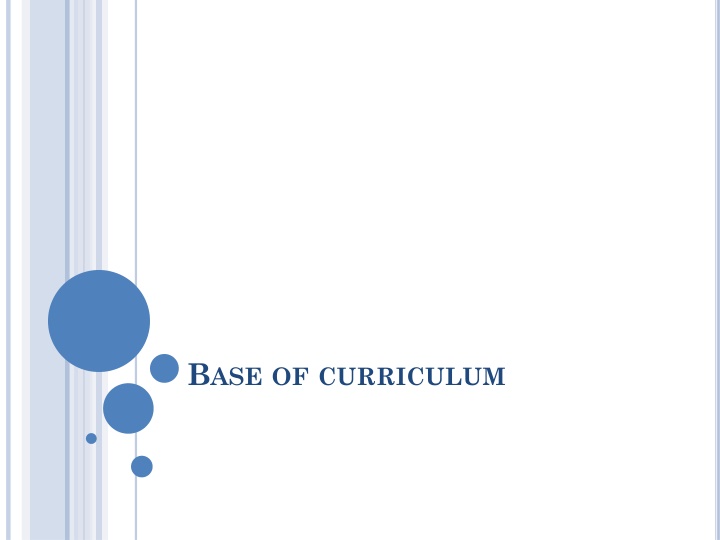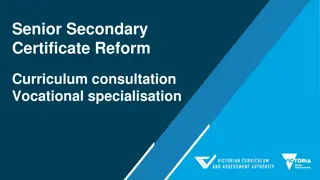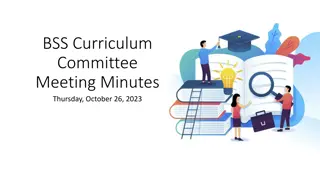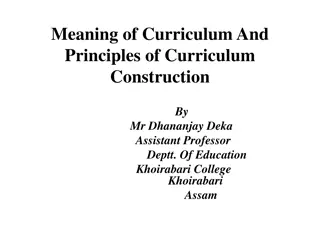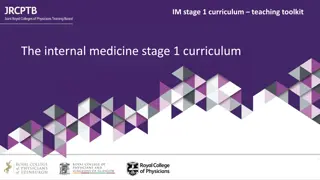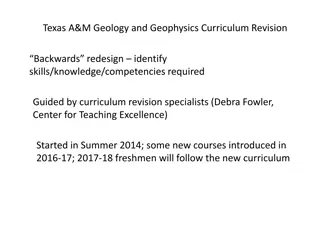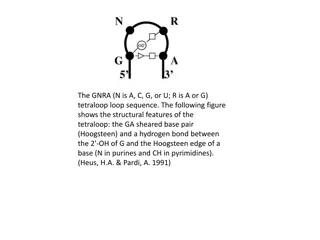BASE OF CURRICULUM
Philosophy plays a central role in curriculum development, providing a framework for educators to plan, implement, and evaluate school curricula. It helps answer fundamental questions about education's purpose, important subjects, and effective teaching methods. Moreover, it aims at fostering the all-round development of individuals based on national philosophies, reflecting societal ideals and shaping personal and national character.
Download Presentation

Please find below an Image/Link to download the presentation.
The content on the website is provided AS IS for your information and personal use only. It may not be sold, licensed, or shared on other websites without obtaining consent from the author.If you encounter any issues during the download, it is possible that the publisher has removed the file from their server.
You are allowed to download the files provided on this website for personal or commercial use, subject to the condition that they are used lawfully. All files are the property of their respective owners.
The content on the website is provided AS IS for your information and personal use only. It may not be sold, licensed, or shared on other websites without obtaining consent from the author.
E N D
Presentation Transcript
PHILOSOPHY AND CURRICULUM Philosophy is central to curriculum. Philosophy is the beginning point in curriculum decision making. Studying philosophy allows us to better understand schools and their curricula. Philosophy provides educators, teachers and curriculum planners with framework for planning, implementing and evaluating curriculum in schools. It helps in answering what school are for, what subject are important, how students should learn and subjects are important.
PHILOSOPHY AND CURRICULUM It aims at the all-round development of the individual. It is based on the philosophy of nation. It reflects the ideals and aspirations of the people. It inculcates the ideals of life in the youngsters. It helps in the developments of proper philosophy of life. It helps the development of the personal and national character.
PSYCHOLOGY AND CURRICULUM Four families of psychology Social Information processing Personal Behavioral 1. 2. 3. 4.
PSYCHOLOGICAL AND CURRICULUM Knowledge of the nature of the learner and learning process and the condition facilitating optimum learning. Knowledge of growth and development. Intelligence , development capacities. curriculum to be child centered , learning experiences should be provided in accordance with the mental development of learner. Interest of learner.
SOCIOLOGY AND CURRICULUM:- To realize the social aim of the education. Make education as an effective media of social control. Keep in mind the social changes and reflects the social need of the community. Transmit the value and ideals that the society upholds and consider to be inherited by new generation . It relates social interest and problems of the society. It makes curriculum dynamic , flexible and progressive.
SOCIOLOGICAL AND CURRICULUM:- Core values and needs of the Indian society. Changing values of the people. Demands of modern society. Good family , ways of life. Democratic temper of the society. Faith , beliefs and attitudes of the people.
DISCIPLINES AND CURRICULUM Every discipline has a valid structure. Every discipline has its own history and tradition. Every discipline has specific study and research methods. Every discipline has own values and thinking area.
CLASSIFICATION OF DISCIPLINES Traditional basis Basis of work Basis of human behavior Logical Experimental Moral Aesthetic 1. 2. 3. 4.
